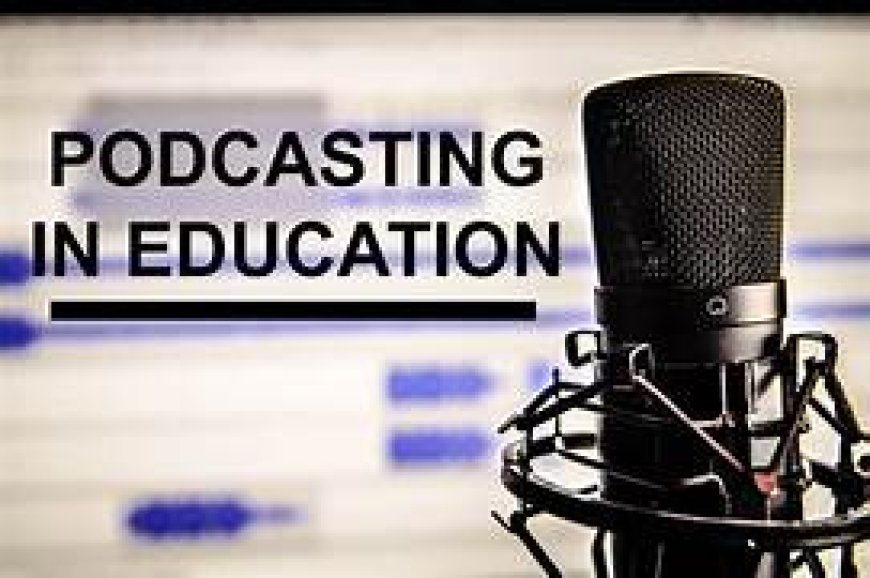How Podcasts Are Changing Education
Discover how podcasts are transforming modern education, offering flexible, engaging, and accessible learning tools for students and educators.

In today’s fast-paced world, podcasts are quickly becoming a popular tool in education.
With the rise of technology, students and educators are constantly looking for ways to make learning more engaging and accessible. Podcasts offer a new dimension to learning, blending entertainment with education, and making knowledge available to everyone, anytime and anywhere. Here are ten reasons why podcasts are revolutionizing the way we learn.
1. Convenience and Flexibility
Podcasts allow students to learn at their own pace. Whether they’re commuting, exercising, or simply relaxing at home, students can listen to educational content whenever it suits them. This flexibility means learning can happen outside traditional classroom settings, making it more adaptable to modern lifestyles.
2. Accessible to Everyone
All you need to access podcasts is an internet connection and a device. This makes educational content available to students from diverse backgrounds, removing barriers like location or financial constraints. Many podcasts are free, further making education more inclusive.
3. Engaging and Interesting
The conversational style of podcasts makes learning feel more personal and relatable. Unlike textbooks or lectures, podcasts often feature discussions, interviews, and storytelling, which can keep students more engaged. This method of learning feels less formal and more enjoyable.
4. Diverse Range of Topics
Podcasts cover an endless variety of topics, from history and science to literature and social issues. This variety allows students to explore subjects that interest them or dive deeper into areas that support their studies. It also offers educators a range of materials to supplement their teaching.
5. Encourages Active Listening
Unlike visual content, podcasts require active listening. This skill is crucial in education, as it helps students retain more information and improve their concentration. Listening to podcasts can sharpen students' focus and comprehension.
6. Supports Different Learning Styles
Every student learns differently. Some absorb information better through visuals, while others learn best through listening. Podcasts provide an alternative for auditory learners, offering them a better way to understand and remember lessons.
7. Encourages Lifelong Learning
Podcasts aren't limited to students; anyone can benefit from them. They encourage lifelong learning by making knowledge easily accessible. This can help professionals stay updated in their fields or allow individuals to explore new interests.
8. Promotes Independent Learning
Podcasts encourage students to take control of their education. By exploring podcasts on their own, students can discover new topics or reinforce what they’ve learned in class. This builds self-motivation and responsibility.
9. Cost-Effective
Unlike traditional learning materials, podcasts are often free or low-cost. This makes them a budget-friendly tool for both educators and students, offering a wealth of knowledge without expensive textbooks or resources.
10. Global Perspectives
Podcasts can introduce students to voices and perspectives from around the world. This global exposure broadens their understanding and helps develop critical thinking skills as they hear from diverse experts and viewpoints.
In conclusion, podcasts are a valuable resource in modern education. They offer a flexible, engaging, and cost-effective way for students to access information, while promoting independent and lifelong learning. As education continues to evolve, podcasts will play an increasingly important role in shaping how we learn.




























